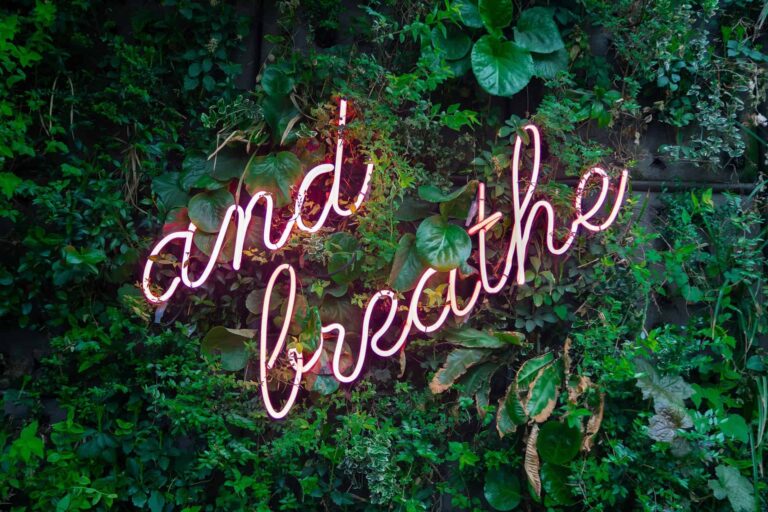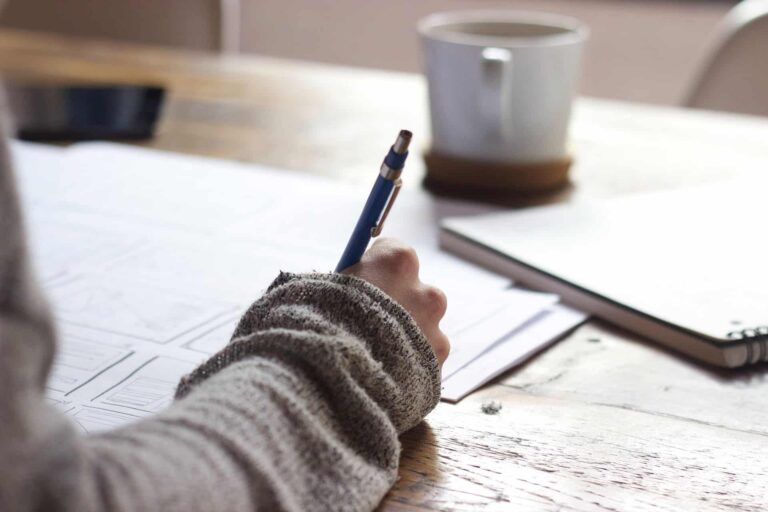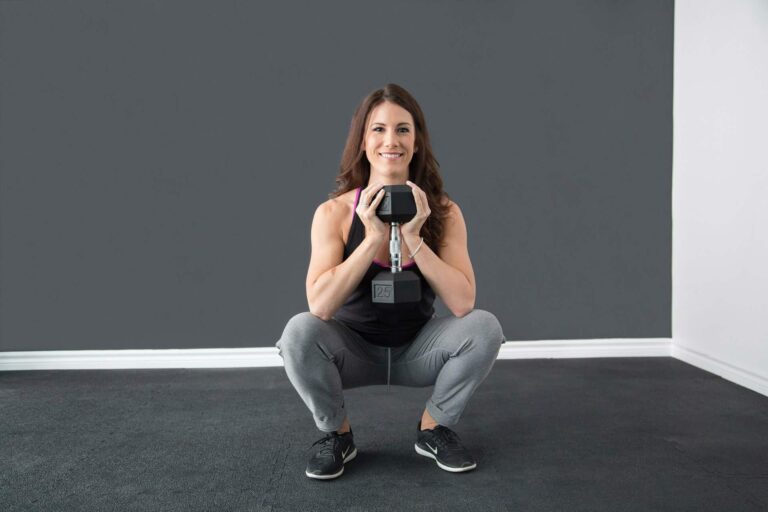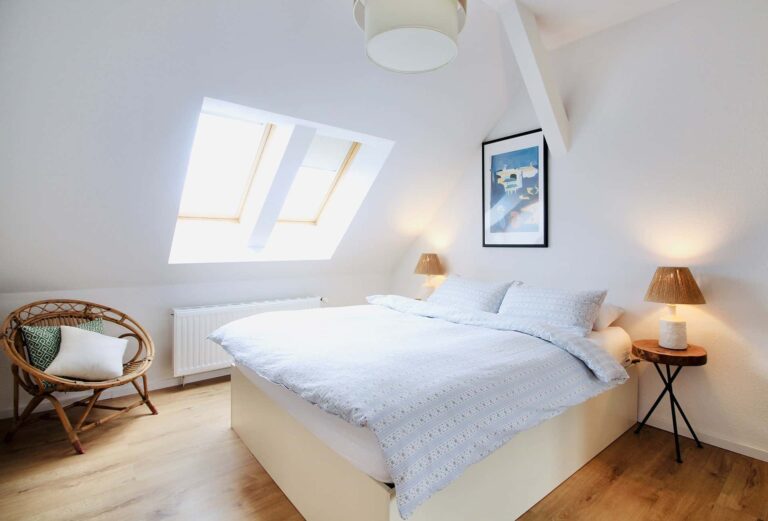5 Sleep Specialists On What They Do When They Can’t Fall Asleep
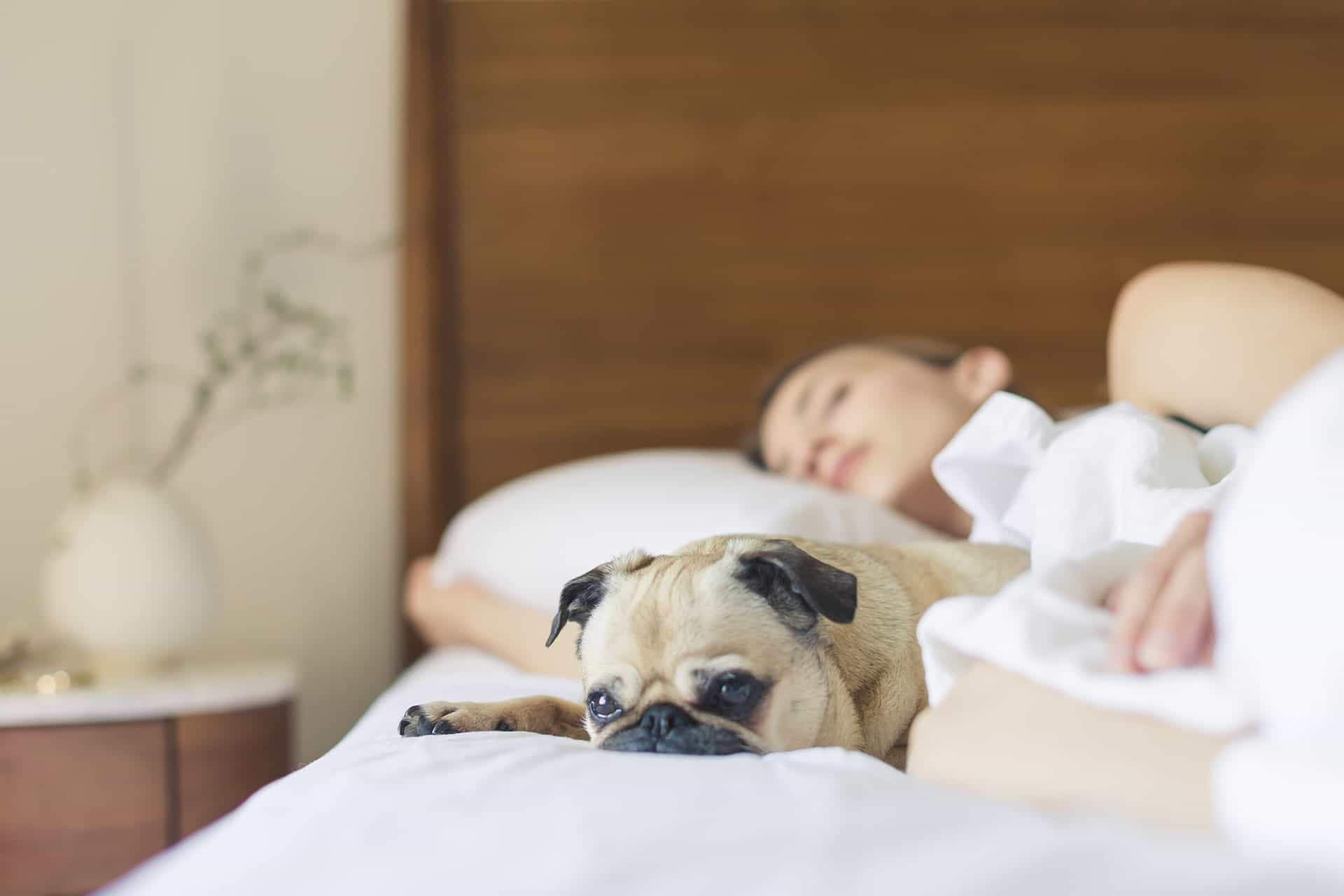
We’ve all experienced those restless nights when sleep simply won’t come. Even the experts who dedicate their careers to understanding sleep face occasional bouts of insomnia. Here, five renowned sleep specialists share their personal techniques for drifting off when counting sheep isn’t cutting it.
The Power of Relaxation
Dr. Michael Breus, PhD, Clinical Psychologist
Breus recommends focusing on relaxation instead of trying too hard to fall asleep. “When you fixate on not sleeping, you create anxiety, making it even harder to rest,” he explains. He suggests engaging in a calming activity such as reading a book or listening to calming music to help your body unwind naturally.
His go-to tip: Try some deep breathing or progressive muscle relaxation to shift your focus away from the stress of not falling asleep.

Duis aute irure dolor in reprehenderit in voluptate velit esse cillum dolore eu fugiat nulla pariatur. Excepteur sint occaecat cupidatat non proident, sunt in culpa qui officia deserunt mollit anim id est laborum.

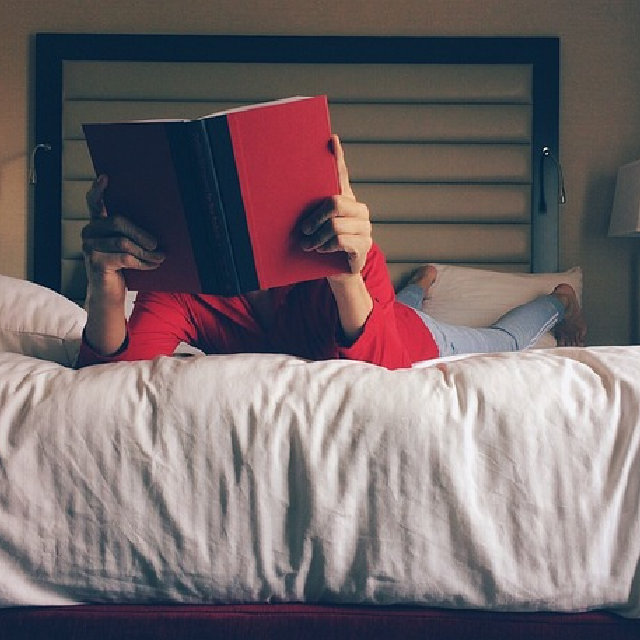
Get Out of Bed After 20 Minutes
Dr. Michelle Drerup, PsyD, Behavioral Sleep Medicine Specialist
If you’re lying in bed for more than 20 minutes without falling asleep, Dr. Drerup advises getting up and doing something quiet like journaling or light stretching.
“You don’t want to associate your bed with sleeplessness,” she says. This short break allows your mind to reset before attempting to sleep again. The key is to keep the activity calm and avoid bright screens.
Mental Reset with Cognitive Behavioral Techniques
Dr. Shelby Harris, PsyD, Behavioral Sleep Medicine Expert
Dr. Harris uses Cognitive Behavioral Therapy for Insomnia (CBT-I) to tackle her sleepless nights.
“I replace anxious thoughts with calming ones and focus on my breathing,” she explains. CBT-I helps shift your mindset, preventing sleep anxiety from taking hold. Over time, these mental strategies retrain your brain to respond more positively to bedtime.

Have you told your card companies that you are traveling?
Neque laoreet suspendisse interdum consectetur libero id faucibus. Massa sed elementum tempus egestas sed sed risus pretium. In nulla posuere sollicitudin aliquam ultrices sagittis orci. Aliquam vestibulum morbi blandit cursus risus. Scelerisque eu ultrices vitae auctor eu augue ut lectus.
Physical Activity for Better Sleep
Dr. Raj Dasgupta, MD, Sleep Medicine Specialist
For Dr. Dasgupta, exercise is an essential part of his sleep routine. “I aim for at least 20 minutes of exercise daily,” he shares.
Regular physical activity promotes better sleep by reducing stress hormones and preparing the body for rest. Even light evening walks can make a significant difference in your ability to fall asleep and stay asleep.

Avoid Overstimulation Before Bed
Dr. Meeta Singh, MD, Sleep Specialist
Dr. Singh avoids using screens at least an hour before bedtime. “Screens emit blue light that suppresses melatonin,” she explains.
Instead, she opts for relaxing activities like reading a physical book or listening to calming music. Reducing overstimulation helps your body naturally prepare for sleep by promoting the production of melatonin.
When it comes to beating sleeplessness, even sleep specialists need a few strategies. Whether it’s focusing on relaxation, engaging in calming activities, or practicing cognitive techniques, these expert-approved tips offer practical ways to fall asleep more easily.




